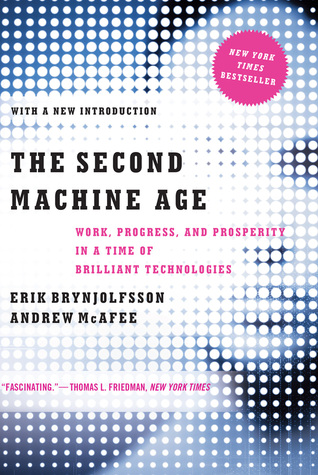
What are the critical future skills that will give students the best chance of being successful and carving out the future they want, in light of the changing world of work and the new ways technology is replacing human labor?
There are many studies about the skills needed, and while they use different terms, you’ll see the same skills highlighted again and again. Here’s my favorite, proposed by Tony Wagner (author and formerly at Harvard’s Innovation lab, now Senior Research Fellow at the Learning Policy Institute). You’ll find others below!
The Global Achievement Gap – 7 Survival Skills
1. CRITICAL THINKING AND PROBLEM SOLVING
“The idea that a company’s senior leaders have all the answers and can solve problems by themselves has gone completely by the wayside…The person who’s close to the work has to have strong analytic skills. You have to be rigorous: test your assumptions, don’t take things at face value, don’t go in with preconceived ideas that you’re trying to prove.”—Ellen Kumata, consultant to Fortune 200 companies
2. COLLABORATION ACROSS NETWORKS AND LEADING BY INFLUENCE
“The biggest problem we have in the company as a whole is finding people capable of exerting leadership across the board…Our mantra is that you lead by influence, rather than authority.”—Mark Chandler, Senior Vice President and General Counsel at Cisco
3. AGILITY AND ADAPTABILITY
“I’ve been here four years, and we’ve done fundamental reorganization every year because of changes in the business…I can guarantee the job I hire someone to do will change or may not exist in the future, so this is why adaptability and learning skills are more important than technical skills.”—Clay Parker, President of Chemical Management Division of BOC Edwards
4. INITIATIVE AND ENTREPRENEURSHIP
“For our production and crafts staff, the hourly workers, we need self-directed people…who can find creative solutions to some very tough, challenging problems.”—Mark Maddox, Human Resources Manager at Unilever Foods North America
5. EFFECTIVE ORAL AND WRITTEN COMMUNICATION
“The biggest skill people are missing is the ability to communicate: both written and oral presentations. It’s a huge problem for us.” —Annmarie Neal, Vice President for Talent Management at Cisco Systems
6. ACCESSING AND ANALYZING INFORMATION
“There is so much information available that it is almost too much, and if people aren’t prepared to process the information effectively, it almost freezes them in their steps.” —Mike Summers, Vice President for Global Talent Management at Dell
7. CURIOSITY AND IMAGINATION
“Our old idea is that work is defined by employers and that employees have to do whatever the employer wants…but actually, you would like him to come up with an interpretation that you like—he’s adding something personal—a creative element.”
—Michael Jung, Senior Consultant at McKinsey and Company
Other Sources to Explore:
The Second Machine Age, book by Erik Brynjolfsson and Andrew McAfee

Chapter 12 pinpoints three areas where humans have an advantage over technology (for now, they caution):
- Ideation
- Large-frame pattern recognition –
(Software only recognizes patterns within the programmed frame of reference, but humans can find inspiration in one domain and apply it to a completely different situation.) - Complex forms of communication
Most Likely To Succeed, book and film by Tony Wagner and Ted Dintersmith
- Creativity/Ideation
- Critical Thinking/Problem Solving
- Complex Communications (written, verbal)
- Collaboration/Teamwork
The Partnership for 21st Century Learning

- 4C’s – Critical Thinking, Creativity, Communication, Collaboration
- Life/Career Skills
- Information, Media, Technology Skills
- Key Subjects – 3 Rs and 21st Century Themes
Creative Schools, book by Ken Robinson and Lou Aronica

- Curiosity – the ability to ask questions and explore how the world works
- Creativity – the ability to generate new ideas and apply them
- Criticism – the ability to analyse info and ideas, and form reasoned arguments and judgments (aka critical thinking)
- Communication – the ability to express thoughts and feelings clearly and confidently in a range of media and forms
- Collaboration – the ability to work constructively with others
McKinsey Global Study on Education to Employment,
Exhibit 15

- Work Ethic
- Teamwork
- Oral Communications
- Hands-on Training in Discipline
- Problem Solving
- Written Communications
- Creativity
- Computer Literacy
- Theoretical Training in Discipline
- Basic Math
- Leadership
